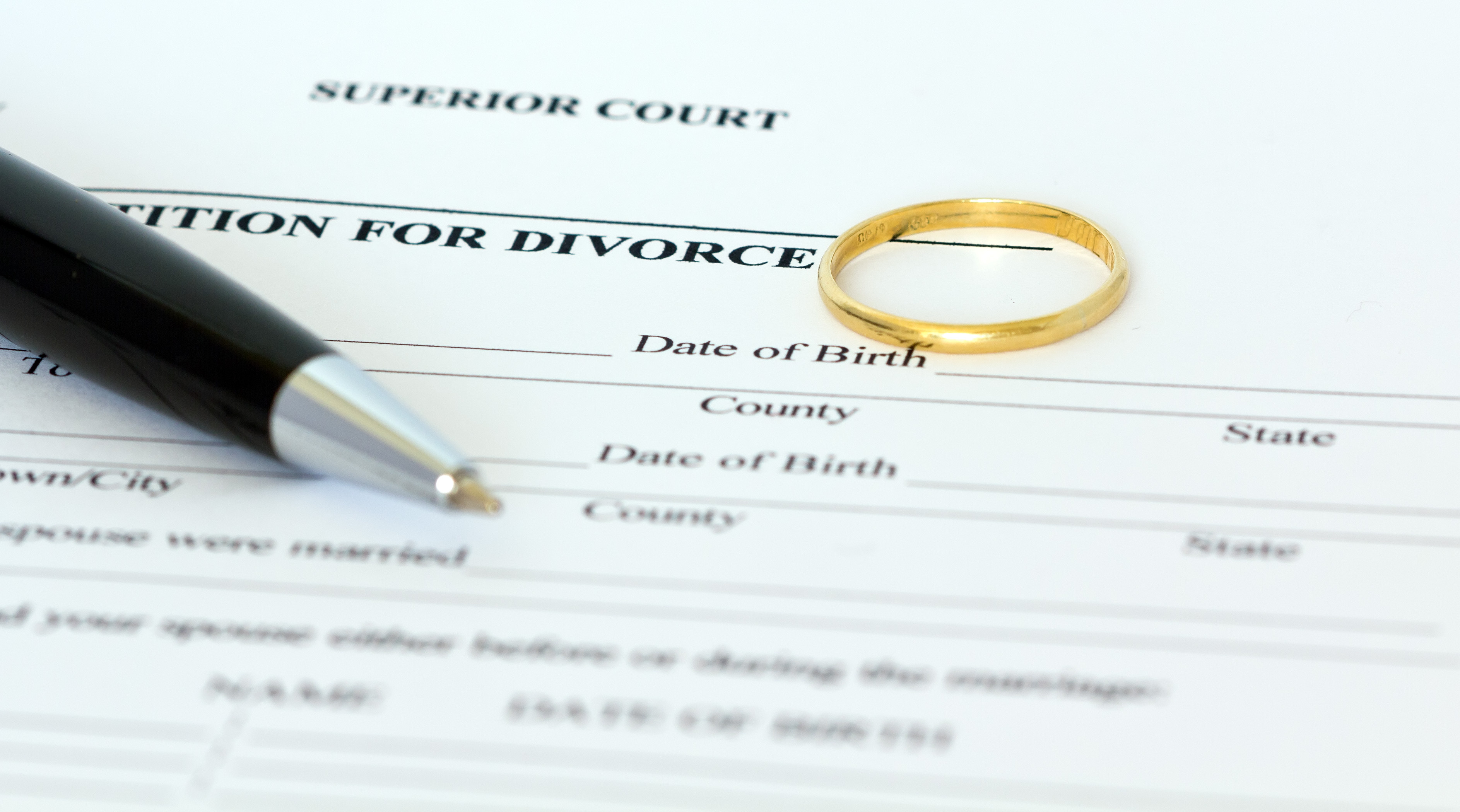
01 Jun Three Things You Need to Consider Before Filing for Divorce
Preparing to file for a divorce can be emotionally and financially strenuous for both parties and their families. To alleviate some of the stress, individuals should thoroughly research their options and understand the divorce process. For those preparing to file for divorce, here are three things to consider.
1. Financial Situation
Divorce cases are costly, so you will need to figure out your financial situation before you file papers. Additionally, creating a financial strategy will not only help during your case, but it will also protect your monetary future.
To build your financial strategy, you should analyze your cash revenue at least six months prior to filing for a divorce. This should give you enough time to gather money for legal fees, housing and other necessary short-term expenses. If your budget allows, you could hire a financial planner to assess your current fiscal standing and, hopefully, make for an easier divorce settlement.
Another crucial step is to collect all documents. This includes tax returns (especially your spouse’s), bank statements, wills, trusts, loan documents and insurance policies. You should also gather documents that can verify separate property, such as inheritance or family endowments.
2. Living Arrangements
A couple’s home is usually their most valuable financial asset, which makes it hard to decide who should move out in preparation for a divorce. Not to mention you may have an emotional attachment to your property and children who live there, making the decision much harder.
Even if your spouse asks you to leave, you do not have to comply since you are a co-owner. The only exception is if a judge orders you to leave. If you have children living with you, and leave your residence prior to a divorce settlement, it could affect the outcome of your allocation, since it signals to a judge that your children are not a priority.
If there is domestic violence within the home prior to a divorce, you should immediately report the abuse to the authorities and get a protective order from a judge. Ideally, you will be able to stay at your current residence with your child, and your spouse will be forced to move out. If you plan to vacate and take your child, you will need to obtain temporary custody order so you are not convicted of kidnapping. It is important to consult a family law attorney to discuss the best options for your situation.
3. Allocation Options
Allocation indicates where your child or children will live following a divorce settlement. There are different types of custody arrangements and each differs by state,so it is important to understand your options before going into a divorce. Here are the different custody options:
- Physical Custody – If a parent is granted physical custody of the child, that means the parent has a right to have the child live with him or her full time.
- Joint Physical Custody – If the parents plan on living close to one another, a judge can grant joint physical custody, which means the child will stay with both parents for a certain amount of time.
- Legal Custody – A judge can grant one parent legal custody, which means they have legal authority to make decisions regarding the child’s upbringing.
- Joint Legal Custody – If both parents have this power, it is called joint legal custody. This means both parents will have to work together to make decisions for the child. If the parents cannot cooperate, the courts will settle the dispute.
- Sole Custody – This means one parent has physical and legal custody of the child. It’s possible the non-custodial parent will have visitation rights, but they will not be involved in the decision-making that impacts the child.
The time leading up to a divorce can be extremely difficult and overwhelming, but having a plan of action can ensure for a smoother experience. The first step is getting professional legal help. When you are ready, feel free to give us a call.


No Comments